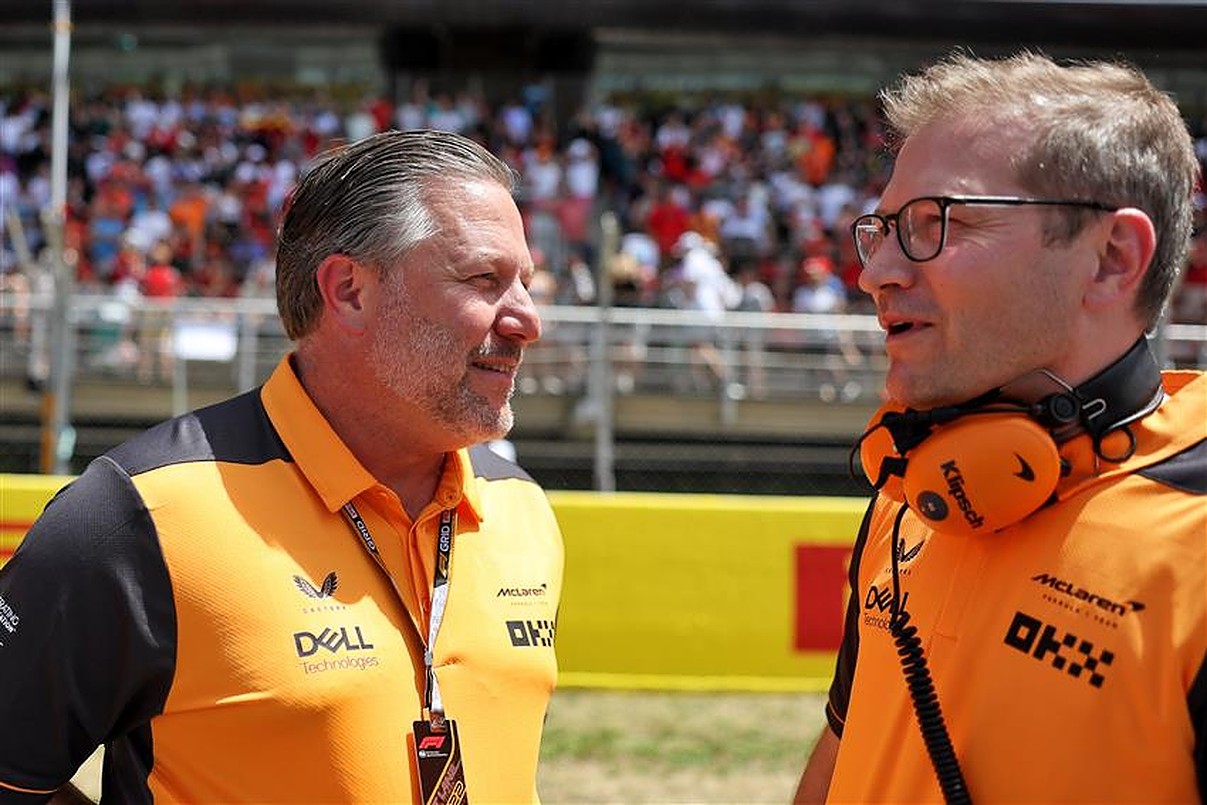Global rising costs are having a dramatic effect on Formula 1, with teams becoming ever more concerned that they may be forced to miss the final races this season.
Despite the sport making more money than ever before, rising energy and freight costs, inflation and global supply chain issues, have caused teams to prepare for drastic measures.
However, even though global prices are rising, teams are still forced to comply with this season’s budget cap, of $140 million.
Teams are pushing for this amount to be raised, with McLaren team principal Andreas Seidl arguing that it’s “impossible” to stick to.
READ: Pierre Gasly: ‘I want to apologise to Lance for that’
“It is clear for us sticking to the cost cap is an absolute necessity for the sport,” said Seidl.
“It’s not a secret that we were pushing quite a lot for introducing this budget cap and also pushing towards the numbers we are having now.
“At the same time, I think it’s important that if exceptional circumstances arise like the ones we have this year – if you just look at our utility bills and we look at the unbelievable increase of freight costs – that it must be possible to have a discussion between all the teams together with the FIA in order to find fair solutions.”
Red Bull’s Christian Horner is another who has made his concerns public, many of which were also raised by Seidl.
Seidl’s current concern is that with so much of the season remaining, the issue will only get worse.
“We are in the middle of the season now, everyone has prepared for the season in order to somehow run at the cap and with these exceptional circumstances and these rises it’s pretty much impossible to still stick to the cap,” continued the McLaren team boss.
“That’s why I think it’s just fair to discuss solutions between all teams. And that means, from our point of view, it would be fair to increase the cap maybe linked to these specific costs that have increased significantly.”
Not every team will support the budget cap being increased though, with the smaller teams who run on a much thinner budget likely to vote against any potential increase.
The cancellation of the Russian Grand Prix will help sides save some money in travel costs, however, it will also represent a Grand Prix less of potential income.
Seidl explained how some teams may want to avoid giving others an even bigger financial “advantage”.
“As always, there’s different interests around, which is normal,” he said.
“There’s teams that are in a strong sporting position, for example, at the moment. Teams that are not running at the cap so they don’t have this issue.
“Obviously they don’t want to give up this sporting advantage they’re having at the moment because they see it as an advantage for them.
“That’s why you have the different positions, which is normal for Formula 1, it’s part of the game. Each of the teams is very opportunistic.
“But that’s part of the competition we are in and that’s why it’s important that you have a strong FIA in Formula 1 on topics like that to steer it in the right direction in the best interests of the entire paddock and the sport,” Seidl concluded.

